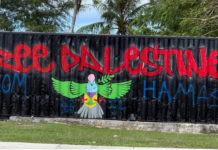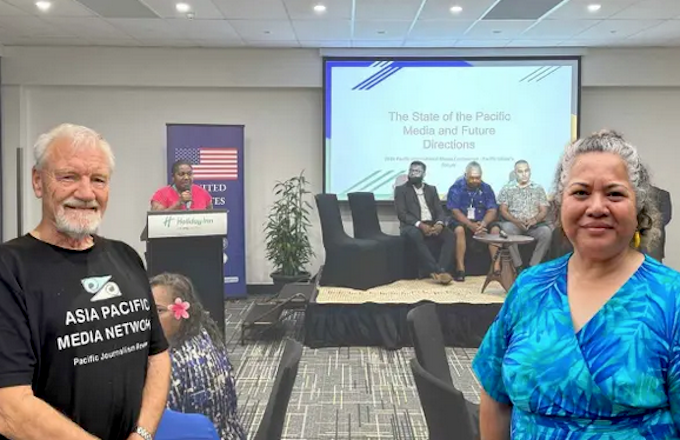
By Justin Latif in Suva
Despite the many challenges faced by Pacific journalists in recent years, the recent Pacific International Media Conference highlighted the incredible strength and courage of the region’s reporters.
The three-day event in Suva, Fiji, earlier this month co-hosted by the University of South Pacific, Pacific Islands News Association (PINA) and the Asia Pacific Media Network (APMN), was the first of its kind for Fiji in the last 20 years, marking the newfound freedom media professionals have been experiencing in the nation.
The conference included speakers from many of the main newsrooms in the Pacific, as well as Emmy award-winning American journalist Professor Emily Drew and Pulitzer-nominated investigative journalist Irene Jay Liu, as well as New Zealand’s Indira Stewart, Dr David Robie of APMN and Moera Tuilaepa-Taylor of RNZ Pacific.
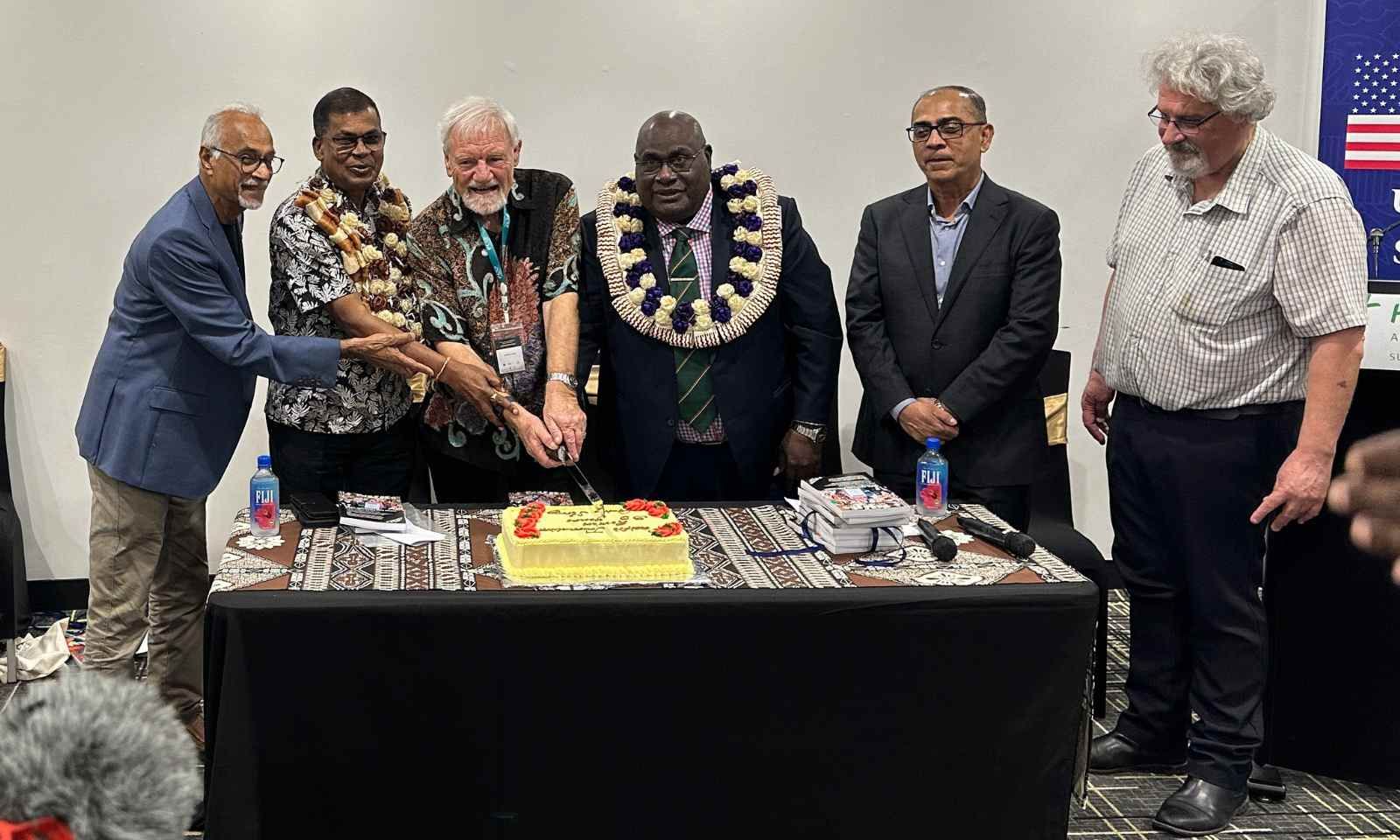
Given Fiji’s change of government in 2022, and the ensuing repeal of media laws which threatened jail time for reporters and editors who published stories that weren’t in the “national interest”, many spoke of the extreme challenges they faced under the previous regime.
And two of Fiji’s deputy prime ministers, Manoa Kamikamica and Professor Biman Prasad, also gave keynote speeches detailing how the country’s newly established press freedom is playing a vital role in strengthening the country’s democracy.
Dr Robie has worked in the Pacific for several decades and was a member of the conference’s organising committee.
He said this conference has come at “critical time given the geopolitics in the background”.
Survival of media
“I’ve been to many conferences over the years, and this one has been quite unique and it’s been really good,” he said.
“We’ve addressed the really pressing issues regarding the survival of media and it’s also highlighted how resilient news organisations are across the Pacific.”
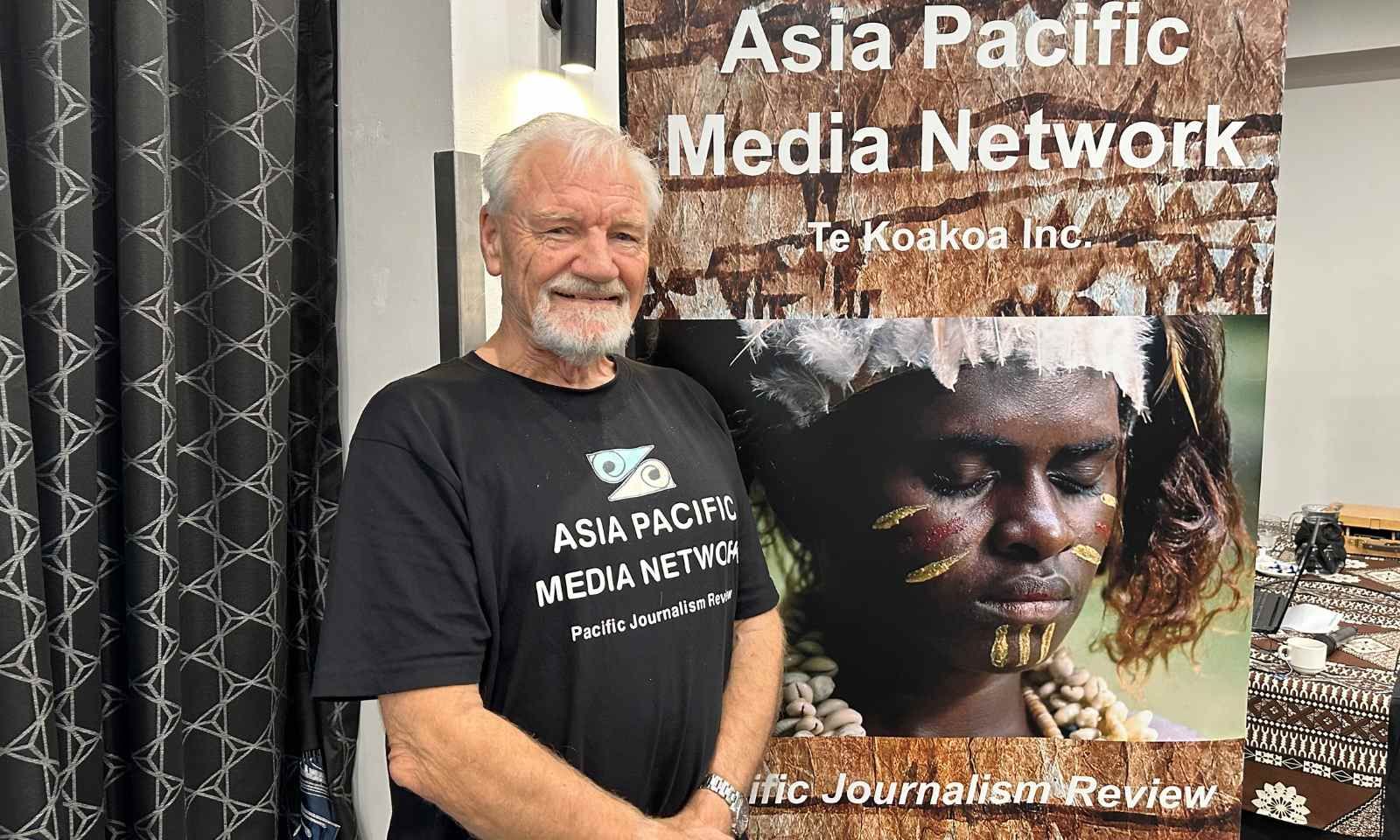
Dr David Robie talks to PMN News on the opening day. Audio/video:PMN Pacific Mornings
The conference coincided with the launch of the 30th anniversary edition of Pacific Journalism Review, which is the only academic journal in the region that publishes research specifically focused on Pacific media.
As founder of PJR, Robie says it is heartening to see it recognised at a place — the University of the South Pacific — where it was also based for a number of years.
“It began its life at the University of Papua New Guinea, but then it was at USP for five years, so it was very appropriate to have our birthday here. It’s published over 1100 articles over its 30 years, so we were really celebrating all that’s been published over that time.”
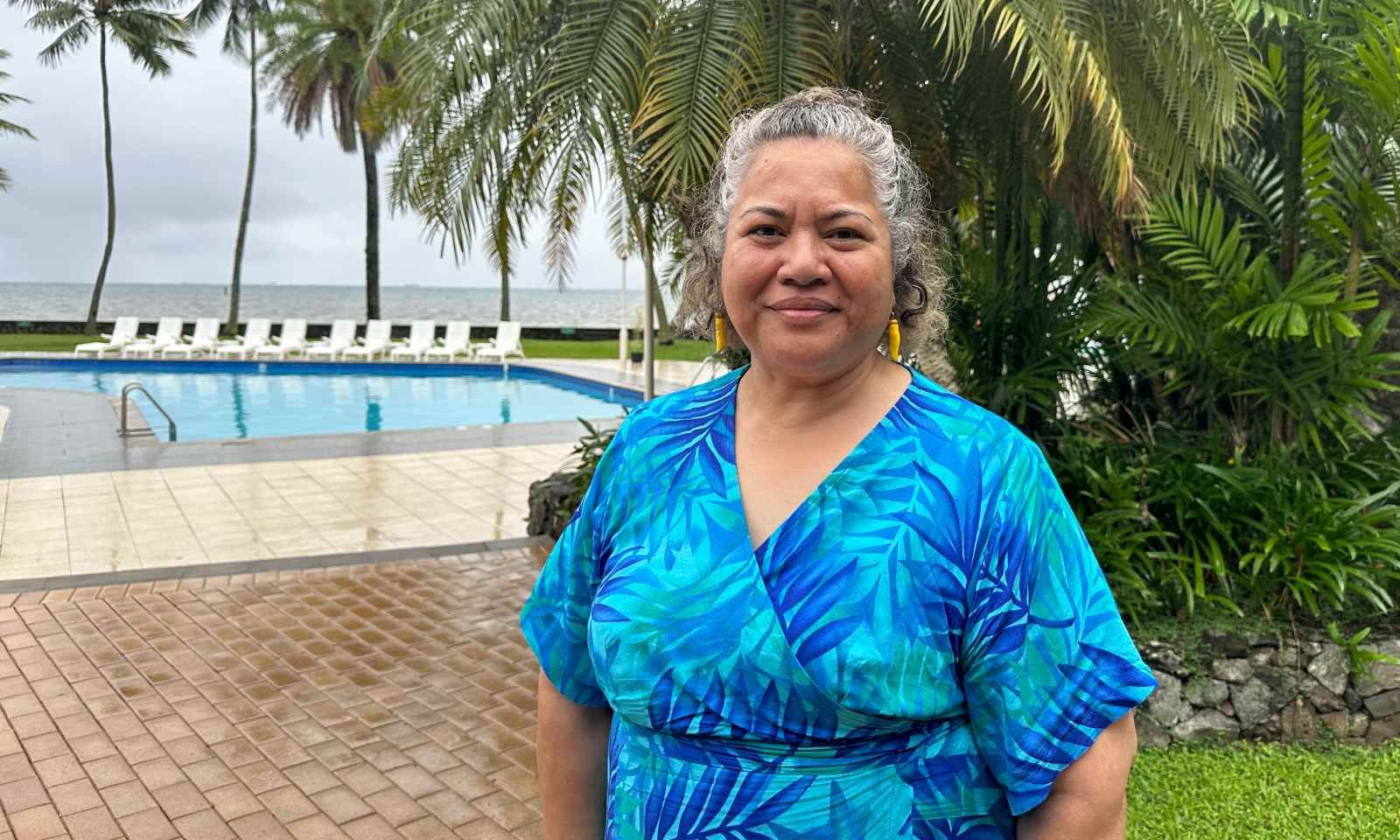
Climate change solutions
RNZ Pacific manager Moera Tuilaepla-Taylor spoke on a panel about how to cover climate change with a solutions lens.
She says the topic of sexual harassment was a particularly important discussion that came up and it highlighted the extra hurdles Pacific female journalists face.
“It’s a reminder for me as a journalist from New Zealand and something I will reinforce with my own team about the privilege we have to be able to do a story, jump in your car and go home, without being tailed by the police or being taken into barracks to be questioned,” she says.
“It’s a good reminder to us and it gives a really good perspective about what it’s like to be a journalist in the region and the challenges too.”
Another particular challenge Tuilaepa-Taylor highlighted was the increase in international journalists coming into the region reporting on the Pacific.
“The issue I have is that it leads to taking away a Pacific lens on a story which is vitally important,” she said.
“There are stories that can be covered by non-Pacific journalists but there are really important cultural stories that need to have that Pacific lens on it so it’s more authentic and give audiences a sense of connection.”
But Dr Robie says that while problems facing the Pacific are clear, the conference also highlighted why there is also cause for optimism.
“Journalists in the region work very hard and under very difficult conditions and they carry a lot of responsibilities for their communities, so I think it’s a real credit to our industry … [given] their responses to the challenges and their resilience shows there can be a lot of hope for the future of journalism in the region.”
Justin Latif is news editor of Pacific Media Network. Republished with permission.




























